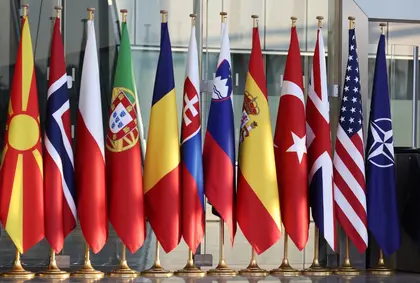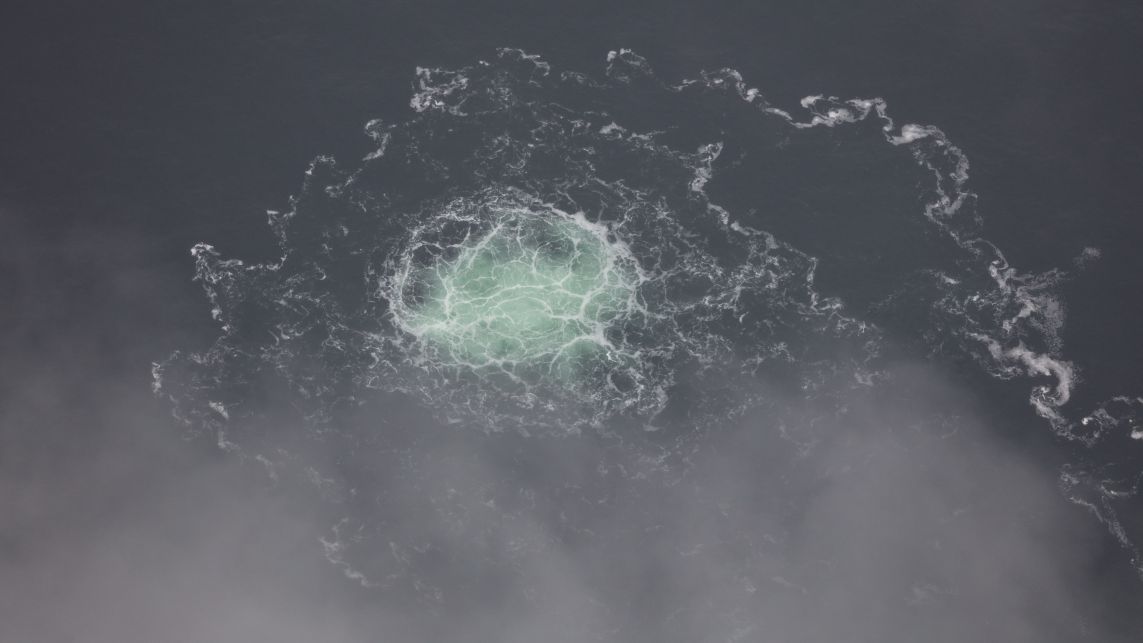Switzerland has extended invitations to over 160 delegations for next month's Ukraine peace conference, according to the foreign ministry, though Russia is not among the invitees "at this stage".
The conference, scheduled to take place in Lucerne, Switzerland, has been dismissed by Russia as a US-led initiative, AFP reported.
JOIN US ON TELEGRAM
Follow our coverage of the war on the @Kyivpost_official.
Since its full-scale invasion of Ukraine in February 2022, Russia has consistently stated it will not engage in talks unless Kyiv acknowledges its annexation of approximately 20 percent of Ukrainian territory.
"At this stage, Russia has not been invited," stated the Swiss foreign ministry. "Switzerland has consistently expressed its willingness to extend an invitation to Russia for this summit.
"However, Russia has repeatedly and publicly declared its lack of interest in participating in this initial summit. The purpose of the Switzerland summit is to kickstart a peace process.
"Switzerland firmly believes that Russia must be part of this process. A peace process without Russia is inconceivable."
The attendance of Ukrainian President Volodymyr Zelensky and US President Joe Biden still needs to be confirmed for now.
Another uncertainty is whether China, a key ally of Moscow, will participate. China has refrained from condemning Russia's actions in Ukraine and is accused of indirectly supporting the war through its strategic partnership with Moscow.
The weekend conference, scheduled for June 15-16 at the luxury Burgenstock resort near Lucerne, will see participation from countries across continents, including members of the G7, the G20, and the BRICS group.

ISW Russian Offensive Campaign Assessment, February 1, 2025
The G7 summit, preceding the conference, will be held in Italy from June 13 to 15.
Invitations have also been extended to the Vatican, the European Union, the United Nations, the Council of Europe, and the Organization for Security and Co-operation in Europe.
According to the Swiss foreign ministry, the peace summit is expected to last slightly over a day.
"All participating states are expected to contribute their ideas and visions for a just and lasting peace in Ukraine," the foreign ministry stated.
The talks aim to "establish a common understanding of a potential framework to achieve this objective" and "jointly devise a roadmap for involving both parties in a future peace process".
Meanwhile, on the ground, Russia has made recent advances against Ukraine's under-equipped forces. This comes ahead of the anticipated arrival of the bulk of US weapons to support Kyiv's troops.
In an interview with the Foreign Policy media outlet, Ukrainian Foreign Minister Dmytro Kuleba hinted that peace negotiations with Russia might commence once Ukraine establishes a peace coalition.
Responding to concerns about holding a peace summit without the war-initiating party, Kuleba outlined two prerequisites for genuine engagement with Russia: battlefield success and the formation of a coalition of like-minded countries.
“So, this is why the summit does not intend to have Russia as a participant,” Kuleba said.
The minister reported that the summit's objective is to unite countries sharing common principles, paving the way for coordinated actions. He said, “After that [creating the coalition], communication with Russia may take place and Russia can be part of the talks. Because you are right: in the end, you cannot put the war to an end without both parties.”
The Swiss government last week announced it would host a high-level peace conference for Ukraine in mid-June, but Russia would not attend it.
Moscow said holding the peace conference makes “no sense” unless Russia participates.
Russia’s foreign ministry spokeswoman Maria Zakharova stated last week that any action on Ukraine that “ignores Russia’s position” was “detached from reality” and had “no perspective.”
You can also highlight the text and press Ctrl + Enter










